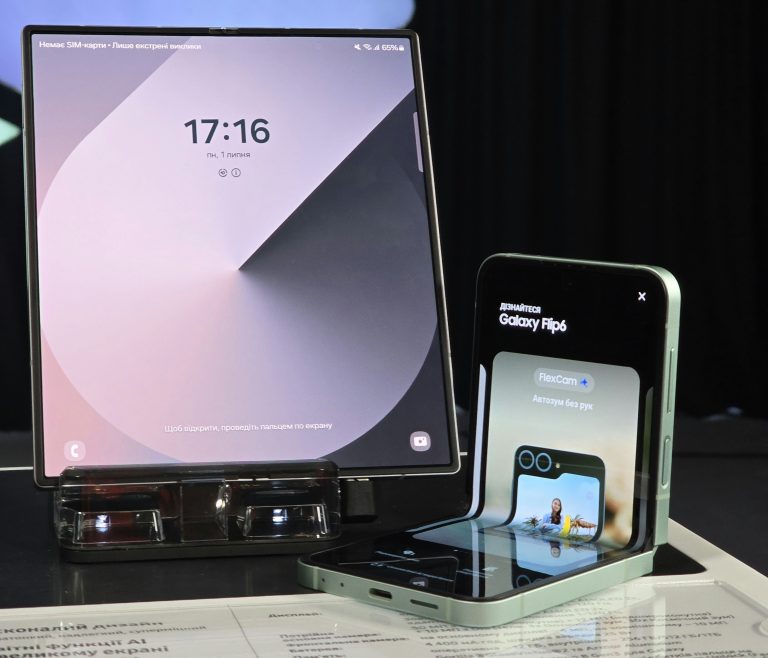Tech Innovations in E-Commerce You Should Know About
The e-commerce industry continues to thrive, driven by technological innovations that reshape the way businesses operate and how consumers shop. From personalized experiences to seamless logistics, these advancements are revolutionizing online retail. Here’s a look at some of the most exciting tech innovations shaping e-commerce in 2025 and beyond.
1. Artificial Intelligence and Machine Learning
AI and machine learning are transforming e-commerce by enabling smarter, more personalized shopping experiences.
- Personalized Recommendations: AI algorithms analyze customer behavior, purchase history, and preferences to suggest relevant products, increasing customer engagement and sales.
- Chatbots and Virtual Assistants: AI-powered chatbots provide 24/7 customer support, assisting with product inquiries, order tracking, and more.
- Dynamic Pricing: Machine learning adjusts prices in real time based on demand, competitor pricing, and inventory levels, optimizing revenue.
2. Augmented Reality (AR) and Virtual Reality (VR)
AR and VR are bridging the gap between physical and online shopping, offering immersive experiences.
- Virtual Try-Ons: AR lets customers see how clothing, accessories, or even furniture will look before making a purchase.
- Virtual Showrooms: VR enables shoppers to explore virtual stores, replicating the in-store experience from the comfort of their homes.
- Enhanced Product Visualization: Customers can view 3D models of products, zoom in on details, and visualize how items fit into their spaces.
3. Voice Commerce
Voice-activated shopping is gaining traction as smart speakers and voice assistants like Alexa, Google Assistant, and Siri become household staples.
- Voice Search Optimization: Retailers are optimizing their platforms for voice search, ensuring products are easily discoverable.
- Seamless Ordering: Voice commands enable quick reordering of frequently purchased items or placing new orders without navigating through websites.
4. Blockchain Technology
Blockchain is enhancing transparency, security, and trust in e-commerce.
- Secure Payments: Blockchain-based systems ensure secure and tamper-proof transactions.
- Supply Chain Transparency: Blockchain enables customers to track the journey of products from origin to delivery, fostering trust in ethical sourcing and authenticity.
- Loyalty Programs: Retailers are using blockchain to create transparent, tamper-proof loyalty programs with cryptocurrency rewards.
5. Drone and Autonomous Delivery
Logistics is being revolutionized by drones and autonomous vehicles, speeding up delivery times and reducing costs.
- Last-Mile Delivery: Drones deliver small packages quickly to urban and rural areas alike.
- Autonomous Vehicles: Self-driving delivery trucks and robots streamline logistics while reducing human labor costs.
- Eco-Friendly Options: These technologies are reducing the carbon footprint of delivery operations.
6. Sustainability Innovations
E-commerce companies are adopting sustainable practices to meet growing consumer demand for eco-friendly solutions.
- Green Packaging: Innovations like biodegradable materials and reusable packaging are minimizing waste.
- Carbon Offset Programs: Retailers are offering customers the option to offset their carbon footprint during checkout.
- Circular Commerce: Platforms are promoting resale, recycling, and rental models to reduce waste.
7. Advanced Analytics and Big Data
Data analytics tools are empowering retailers to make data-driven decisions that enhance operations and customer satisfaction.
- Predictive Analytics: Retailers forecast demand, manage inventory, and anticipate customer needs using big data.
- Behavioral Analysis: Insights into shopping patterns enable tailored marketing campaigns and improved product recommendations.
- Customer Journey Mapping: Advanced analytics provide a clear view of the customer’s path to purchase, helping optimize every touchpoint.
8. Mobile Commerce (M-Commerce)
Mobile technology continues to dominate the e-commerce landscape.
- Progressive Web Apps (PWAs): PWAs combine the functionality of apps with the accessibility of websites, offering fast, reliable, and engaging experiences on mobile devices.
- One-Click Payments: Mobile wallets like Apple Pay, Google Pay, and PayPal enable quick and secure transactions, reducing cart abandonment.
- Social Commerce: Platforms like Instagram, TikTok, and Pinterest integrate shopping features, allowing users to purchase directly from social media.
9. Internet of Things (IoT) in E-Commerce
IoT is creating a connected shopping ecosystem that enhances convenience and personalization.
- Smart Shopping Assistants: IoT-enabled devices like smart refrigerators can track inventory and suggest reorders automatically.
- Inventory Management: Retailers use IoT sensors to monitor stock levels in real time, reducing overstock and stockouts.
- Connected Stores: IoT integrates online and offline experiences, offering seamless omnichannel shopping.
10. Subscription Models and Personalized Memberships
Subscription commerce is becoming more sophisticated with technology.
- AI-Driven Personalization: Algorithms tailor subscription boxes to individual preferences based on user data.
- Flexible Subscriptions: Customers can customize delivery frequencies, products, and pricing, increasing satisfaction.
- Predictive Reordering: Retailers use AI to anticipate when customers need replenishments, offering timely suggestions.
Conclusion
Tech innovations are reshaping the e-commerce landscape, creating more engaging, efficient, and sustainable shopping experiences. By leveraging these advancements, retailers can meet evolving consumer expectations, stay competitive, and build long-term customer loyalty. As these technologies continue to mature, the future of e-commerce promises to be even more dynamic and transformative.





